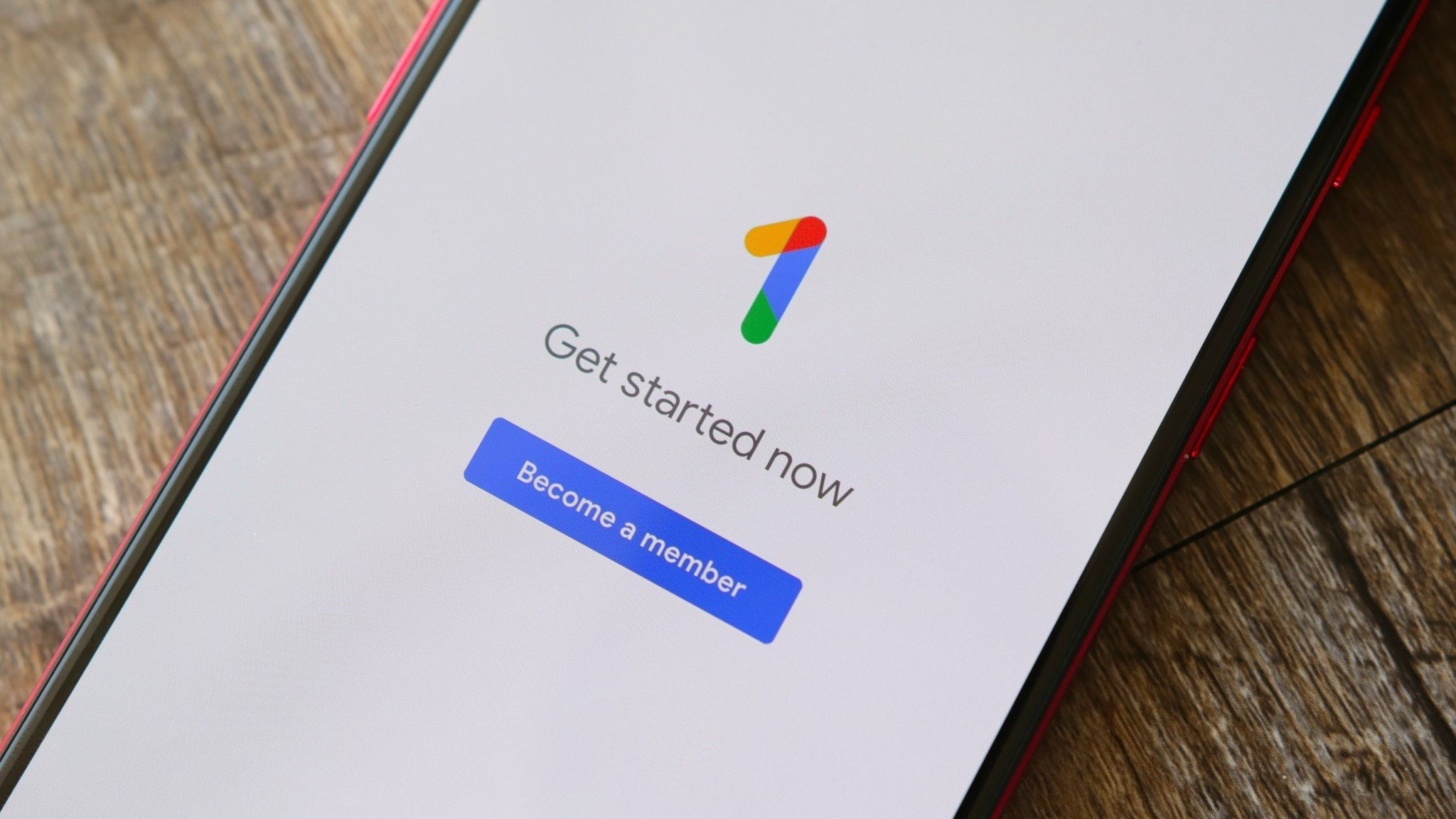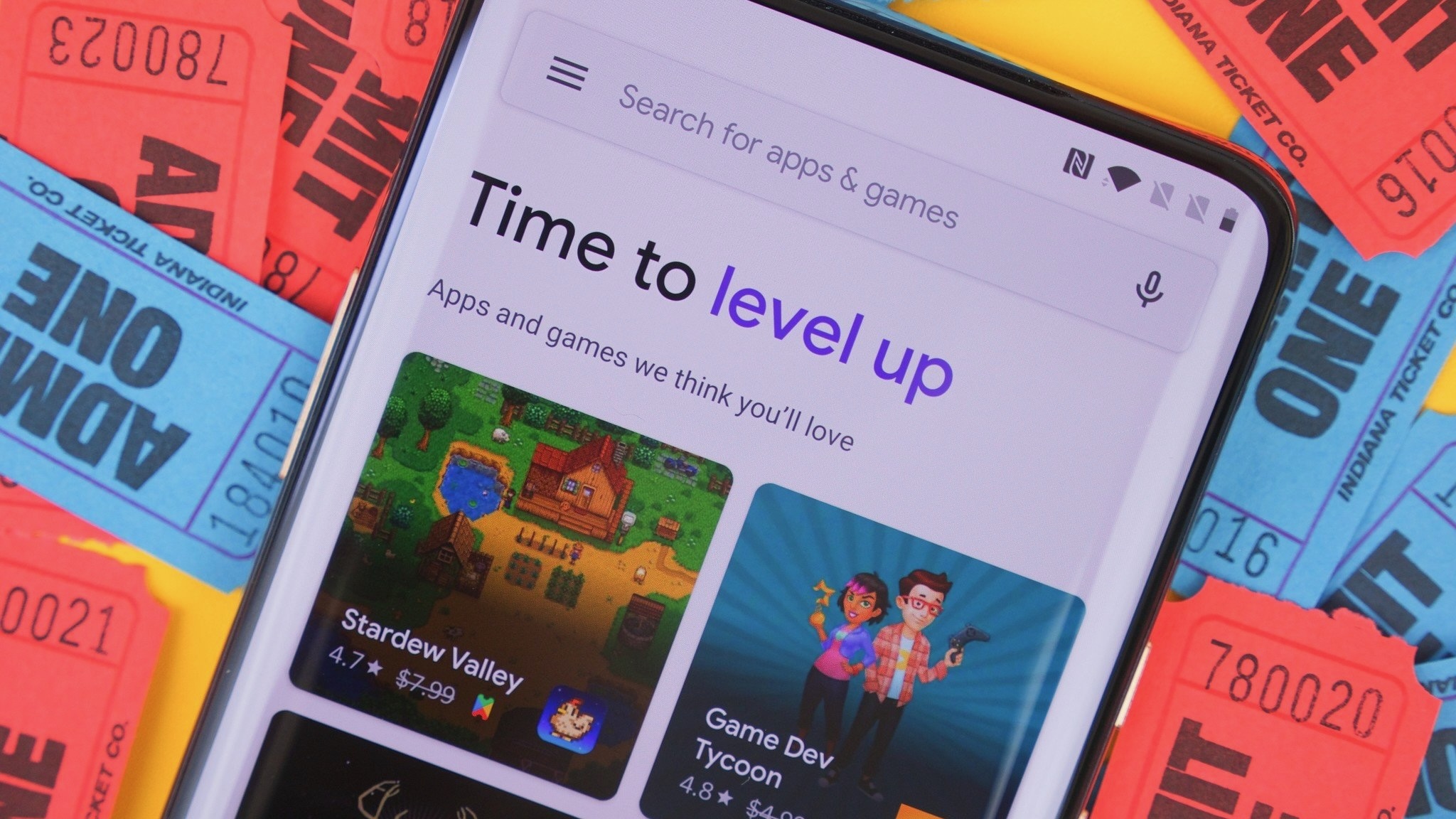Google still doesn't know how to bundle its services
Hey Google, how hard is it to come up with an all-in-one subscription bundle?

Get the latest news from Android Central, your trusted companion in the world of Android
You are now subscribed
Your newsletter sign-up was successful
I use a lot of Google services, four of which are paid: Google One, YouTube Premium, Play Pass, and Nest Aware. As a primarily software-driven brand, you'd think that Google would know how to bundle its various services, but it doesn't do anything close to that. If anything, Apple, a hardware company, does a much better job in this area with Apple One, which bundles iCloud storage, Apple TV+, Apple Arcade, and Apple Music in one convenient subscription.
I don't understand why Google cannot do the same. Heck, it even has a service with Google One branding, and all it actually has to do is club all of its disparate offerings under one plan. But that feels like too much to ask of Google, so instead, Google One only offers cloud storage, YouTube Premium is only good for ad-free YouTube (and largely forgettable originals), Nest Aware is for accessing the footage of security cameras you already paid for, and I'm still trying to understand why I pay for Play Pass.

Anyway, the point is that Google should have figured out a way to club its software offerings into a single subscription years ago, and the fact that it still doesn't do that is annoying, to say the least. If anything, it benefits the search giant to introduce an all-in-one subscription bundle that covers YouTube, Drive storage, Play Pass, and Nest Aware.
Now, Google rolled out the Pixel Pass two years ago alongside the Pixel 6 series, where it bundled 200GB of Google Drive storage, YouTube Premium, YouTube Music, Play Pass, and a Preferred Care service that covers accidental damage to Pixel hardware. While Google was clearly on the right path, Pixel Pass was limited to the U.S., and it was discontinued with the launch of the Pixel 8 series.
This is the biggest problem with Google's software in general — anytime the brand has a half-decent idea, it kills it off before it can take off. It's almost as if each Google service is built in a silo, and there's no overarching strategy for the brand as a whole. Obviously, not everyone would benefit from subscribing to all of Google's services, but an all-in-one subscription would allow Google to sell lesser-used services like Play Pass to a wider range of users.

Google is said to be mulling a Pixel Pass successor that includes an all-in-one subscription bundle, but as of now, there's no telling when that might be available or in what regions. This is another source of frustration with Google services — the brand doesn't include all features in all regions.
For instance, I pay for Google One, and a recent feature addition is the inclusion of a VPN that's baked into the service. Only one problem — it isn't available in India. While Google One is available in over a hundred regions, the VPN is limited to 22 countries, so users in other regions don't get the feature even though they pay for cloud storage. It's this sort of preferential treatment that's particularly irksome when using Google's services.
Get the latest news from Android Central, your trusted companion in the world of Android
Ultimately, Google needs a clearly defined strategy for its software efforts, but that's easier said than done. Google makes so much money from search advertising that it almost feels like the brand doesn't really care about setting an overarching agenda for its software services, and that status quo isn't set to change anytime soon.

Harish Jonnalagadda is Android Central's Senior Editor overseeing mobile coverage. In his current role, he leads the site's coverage of Chinese phone brands, networking products, and AV gear. He has been testing phones for over a decade, and has extensive experience in mobile hardware and the global semiconductor industry. Contact him on Twitter at @chunkynerd.
